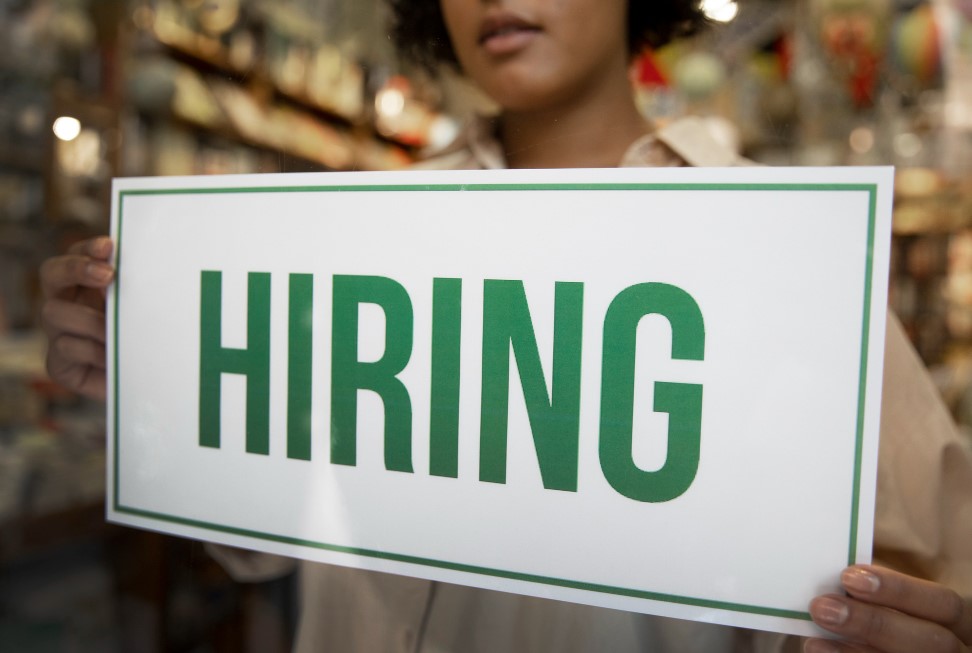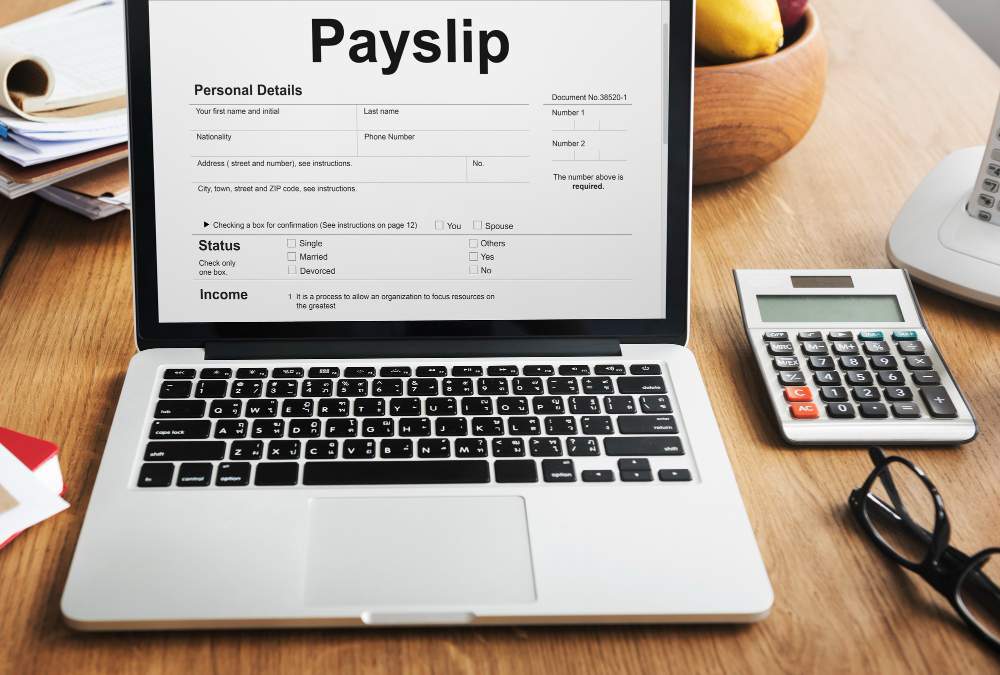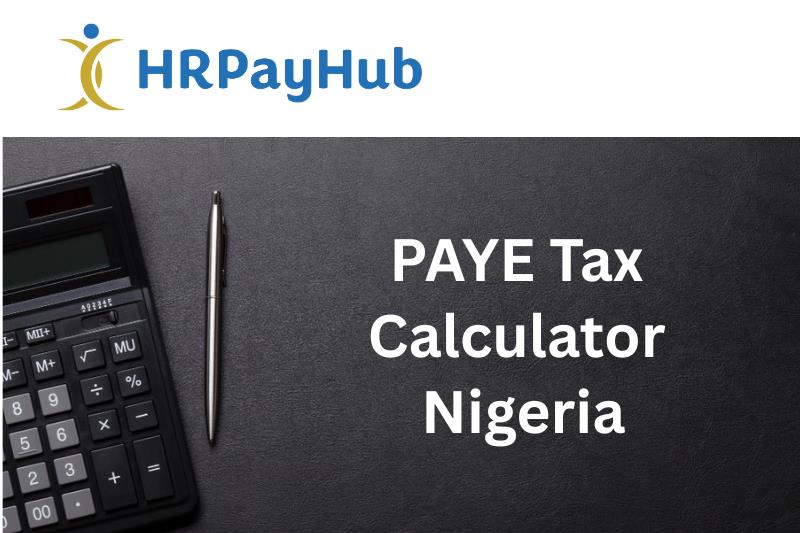
Nigeria’s National Employment Policy 2025 is reshaping hiring, skills, and careers. Explore the impact on digital/green jobs and what employers and job-seekers
Tunde had done everything right. Degree in hand, NYSC done, CV polished. Yet every application felt like shouting into the wind. One afternoon, while helping his aunt set up a small solar inverter at her shop, a thought landed: so this is where the real work is now; digital and green.
That evening he stumbled on a post about Nigeria’s Revised National Employment Policy (NEP 2025). For the first time, the pieces connected; skills over titles, apprenticeships that actually lead somewhere, verified job portals, real support for startups, even proper recognition for remote and gig work.
By the weekend, Tunde had mapped a plan: a short digital course, a green-tech internship, and a profile on a verified job board. His story is the new playbook. NEP 2025 is policy and a bridge from talent to opportunity, for people like Tunde, and for employers ready to build Nigeria’s next chapter.
Every generation reaches a moment when it must redefine what work means. For Nigeria, that moment has arrived. In 2025, the Federal Government launched the Revised National Employment Policy (NEP 2025); an ambitious roadmap to tackle unemployment, modernize the labour market, and prepare Nigerians for the digital and green economy. The policy, introduced with support from the International Labour Organization (ILO) and GIZ Nigeria, represents more than bureaucratic reform. It is a bold statement that Nigeria is ready to build an economy powered by innovation, inclusion, and skill.
For millions of young Nigerians looking for meaningful work, and for employers seeking competent talent, this policy could change everything. It sets the stage for a new era where education, enterprise, and technology align to create sustainable opportunities. Platforms like Delon Jobs.com; which already connect thousands of Nigerian professionals to verified employers fit naturally into this new national direction.
Why the Policy Matters
Nigeria’s first national employment policy was introduced in 2017. It offered structure but soon became outdated as global work trends evolved.
The COVID-19 pandemic disrupted labour markets and accelerated remote work. Technology reshaped industries from banking to agriculture. And Nigeria’s population, now above 220 million, kept growing younger with millions of new job-seekers entering the labour market annually. Yet unemployment remained stubbornly high. Many graduates lacked the skills employers needed. Informal jobs dominated the economy. Employers struggled to find qualified candidates even as millions searched for work.
It became clear: the country didn’t just need more jobs; it needed better jobs and a system that linked education to employability. That realization gave birth to the Revised National Employment Policy 2025, which positions employment creation as a shared responsibility between government, businesses, and individuals. It redefines work for a generation that must think globally while acting locally.
What NEP 2025 Stands For
The new policy is built around seven strategic pillars designed to transform the labour ecosystem:
Creating Decent and Inclusive Work – ensuring fair pay, safe workplaces, and gender equality.
Developing Market-Relevant Skills – reforming technical and vocational training to meet real industry needs.
Driving Digital and Green Employment – aligning Nigeria with the global digital economy and sustainable-energy revolution.
Supporting SMEs and Entrepreneurship – recognising small businesses as engines of job creation.
Building a National Labour-Market Information System – collecting real-time data to guide hiring and policy decisions.
Ensuring Social Protection – covering vulnerable and informal workers with safety nets.
Encouraging Public–Private Partnerships – inviting employers, educators, and digital innovators to work together.
In simple terms, NEP 2025 seeks to connect skills with opportunity. It’s about making sure a young Nigerian with talent can find the right platform to use it, whether through a company, a startup, or remote work.
What the Policy Means for Employers
For businesses, the policy brings both accountability and opportunity.
a. Incentives to Hire and Train
Companies that open internship or apprenticeship pathways for young people can qualify for tax rebates or national recognition. By rewarding organisations that invest in people, government hopes to stimulate hiring while building a more skilled workforce.
At Delon Academy, similar programs are already helping Nigerian firms recruit and train talent for customer-service, marketing, and technology roles.
b. Data Transparency
Employers will soon report workforce information, such as skill levels and vacancies to the National Bureau of Statistics (NBS). These reports will guide future policy and improve labour-market intelligence.
c. Industry Partnerships
The policy encourages collaboration between employers, vocational institutes, and recruitment platforms like DelonApps.com to design training programs tailored to actual business needs.
d. Compliance and Brand Trust
Businesses are expected to comply with fair-labour standards in line with ILO conventions. Ethical companies that uphold decent work will gain stronger brand trust, better retention, and easier access to global investors.
For employers, NEP 2025 is a reminder that good business begins with good people — and good people thrive in fair systems.
What It Means for Job-Seekers
For Nigeria’s 75 million-plus working-age youth, the new policy is both a challenge and a lifeline. It redefines what employability means in the modern world.
a. Skills Now Outweigh Degrees
Degrees still matter, but skills decide employability. Employers now prefer candidates who can demonstrate real-world competence, from coding and sales to problem-solving and communication.
Job-seekers can start building these competencies through affordable platforms like Delon Academy, LinkedIn Learning, and Coursera, or by volunteering and freelancing to gain experience.
b. A Safer, Smarter Job Market
One of the major frustrations in Nigeria’s labour space has been fraudulent recruitment. NEP 2025 tackles this by encouraging verified digital profiles and trusted job portals such as Delon Jobs.com.
Through such integration, candidates will be able to create verified professional accounts visible to both private employers and government agencies there by, reducing scams and improving credibility.
c. Recognition for Freelancers and Remote Workers
For years, gig and freelance professionals were invisible in Nigeria’s employment statistics. NEP 2025 changes that. It recognises remote work and freelancing as legitimate employment, ensuring better data and potential future benefits like insurance and pensions.
d. Entrepreneurship as a Career Path
Not everyone will work for someone else and that’s okay. The policy treats entrepreneurship as employment, supporting founders through grants and mentorship from bodies such as the Bank of Industry (BOI) and the Development Bank of Nigeria (DBN).
This approach reflects a new understanding: self-employment is an engine of growth.
Digital Transformation and the Future of Work
The digital economy sits at the heart of the new policy. Nigeria aims to create one million digital jobs by 2026.
a. Expanding Digital Industries
From fintech to edtech, Nigerian startups are redefining how people live and work. The demand for software engineers, data analysts, and digital marketers continues to soar.
Delon Group has mirrored this transformation:
Delon Apps provides software solutions and outsourcing for global clients.
Delon Virtual Assistants connects Nigerian professionals to administrative and marketing roles abroad.
HRPayHub.com helps companies automate HR and payroll processes securely.
b. Digital Inclusion
To prevent rural exclusion, NEP 2025 supports the establishment of ICT hubs and coding labs across all 36 states. It also emphasises digital training for women, helping them bridge long-standing gender gaps.
c. Remote Work and Global Opportunities
The acceptance of remote work means a skilled Nigerian can now compete globally without leaving home. It opens the door for international income streams and foreign collaboration — a trend that platforms like Delon Jobs are already accelerating.
Green Jobs: The Employment Frontier
The policy looks toward the planet and goes beyond technology.
According to The Guardian UK, Africa’s green economy could create over 33 million jobs by 2030, and Nigeria is well positioned to lead.
a. Sustainable Sectors to Watch
Renewable energy (especially solar and biofuel)
Waste-to-wealth recycling
Climate-smart agriculture
Eco-friendly construction
b. Training for Green Skills
NEP 2025 integrates environmental education into vocational and technical programs. Engineers, agronomists, and entrepreneurs who specialise in green technologies will find new markets emerging quickly.
c. Aligning with Global Goals
By promoting green jobs, Nigeria advances its commitment to the UN Sustainable Development Goals (SDG 8 and SDG 13) this helps with linking job creation with climate responsibility.
Inclusion: Youth, Women, and the Underserved
a. Youth Empowerment
Nigeria’s biggest asset; its youth, is also its biggest challenge. NEP 2025 tackles this by expanding youth-employment programs, internships, and innovation clusters. The goal: 10 million new youth jobs by 2030.
b. Women in the Workforce
Women still face significant barriers, from workplace bias to limited childcare support. The policy introduces gender-responsive initiatives such as flexible hours, digital training, and micro-financing for female-led enterprises.
Delon Jobs actively supports this agenda by promoting female-friendly employers and highlighting remote roles suited for working mothers.
c. Disability Inclusion
For the first time, Nigeria’s employment policy aligns with the National Disability Act, requiring accessible workplaces and inclusive hiring. Employers that meet these standards will be recognized for their contribution to equality.
d. Rural Employment
NEP 2025 decentralises opportunity. Through agribusiness digitization and access to microcredit, rural entrepreneurs can now connect with larger supply chains. This ensures economic growth reaches beyond big cities.
Implementation Challenges
Ambitious policies succeed only when properly executed. NEP 2025 faces several practical challenges:
Funding: Implementation requires consistent investment, not just launch-day publicity.
Institutional Coordination: Collaboration among ministries and states must be seamless.
Curriculum Reform: Universities need to modernise academic content to reflect current job demands.
Public Awareness: Many Nigerians have never heard of NEP 2025; without awareness, adoption will remain low.
The private sector and digital platforms can play a major role in bridging this gap by communicating, measuring, and demonstrating policy success stories.
Turning Policy into Practice
Delon Jobs isn’t waiting for change; it’s building it.
a. Verified Employers
Every listing on Delon Jobs.com is screened for authenticity, ensuring job-seekers are protected from fraud; a key goal of NEP 2025’s decent work standard.
b. Labour-Market Insights
Delon Jobs tracks hiring data, skills trends, and regional employment patterns. These insights can help government agencies and employers make evidence-based decisions.
c. The Complete Career Pipeline
Delon Jobs covers the full employment journey; from training and recruitment to payroll and career progression.
d. Advocacy and Awareness
Through weekly blog articles, LinkedIn posts, and career workshops, Delon Jobs raises awareness about hiring trends, digital skills, and employment reforms. It embodies what NEP 2025 envisions, collaboration between private innovation and public purpose.
Imagining Success: Nigeria in 2030
If NEP 2025 is fully implemented, Nigeria’s job landscape could look dramatically different within five years.
Digital Jobs: Thousands of developers, analysts, and designers powering Africa’s tech hub.
Green Jobs: Solar engineers and waste-management startups thriving across states.
Youth Entrepreneurs: Innovative SMEs exporting services to global markets.
Inclusive Workplaces: Women and people with disabilities actively participating in leadership roles.
Formalized Gig Economy: Freelancers with access to benefits and recognized earnings.
It’s an optimistic picture, but one that depends on collaboration between government, business, and citizens.
Conclusion
Policies can set direction, but people make them work.
For employers, NEP 2025 is a call to invest in talent, comply with standards, and build inclusive workplaces.
For job-seekers, it’s an invitation to learn continuously and seize opportunities in both digital and green industries.
For educators and innovators, it’s a roadmap to align training with the future of work.
The Revised National Employment Policy 2025 signals a shift from promises to plans. It’s about building a country where young people don’t have to leave to succeed, where employers grow by investing in people, and where digital and green economies create real prosperity. As Nigeria embarks on this journey, one thing is certain: the nation’s greatest resource is its people; who are ready for the future. And that future begins with action today.
At Delon Jobs, we believe progress happens when preparation meets opportunity. By helping Nigerians discover verified jobs, career tips, and upskilling options, we make policy personal, turning national goals into individual success stories.
So, visit www.jobs.delon.ng, explore verified opportunities, read our career guides, and take the first step toward your next chapter.



















